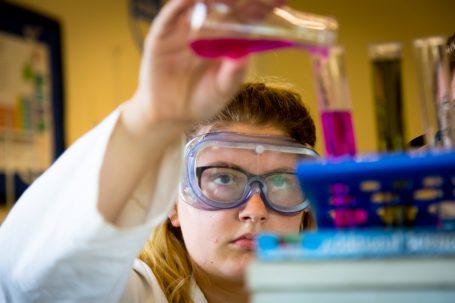The aim of this unit is to further develop your knowledge and understanding of the scientific process and build on the scientific investigation skills you have developed in other units.
It is essential that scientists have good investigatory skills, for example:
- carrying out theoretical and practical research
- working in a pilot scale department
- carrying out quality control tests on chemical, biological or physical samples during the stages of the manufacture of products
- calibrating audiological, optical or medical equipment to ensure accuracy of readings when testing hearing
- growing cultures in a laboratory
- testing waste products
- ensuring food products are not harmful
- ensuring water is safe to drink
- testing and drawing conclusions from forensic science evidence.
The examination will contain questions on planning, processing, presenting and analysing data, drawing conclusions and evaluating methodology and conclusions.
You will need to demonstrate the application of the skills learnt in this unit, based on familiar and unfamiliar contexts given in an examination paper.




